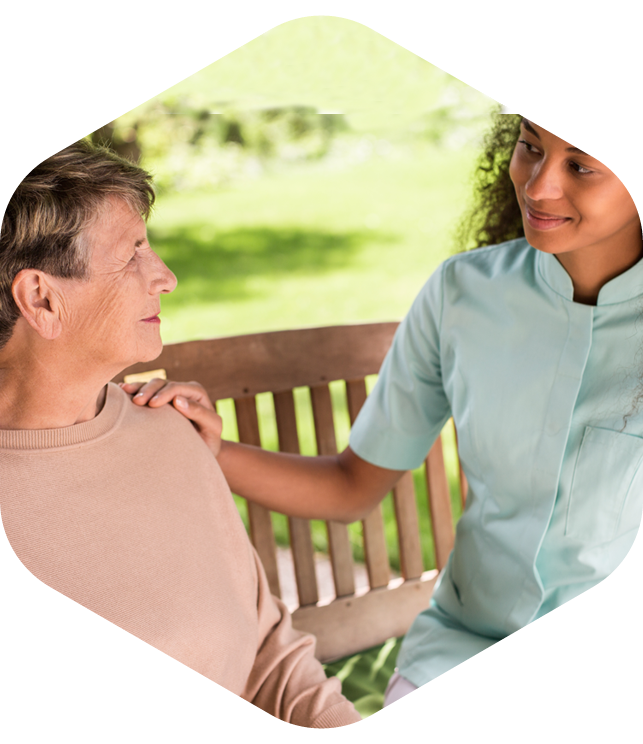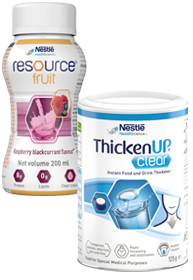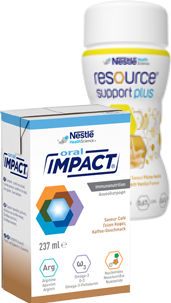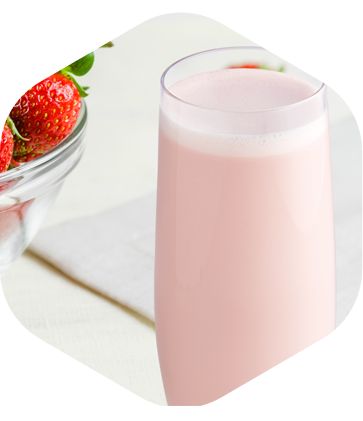What Does Cancer Nausea Feel Like? Causes, Remedies, and How to Cope
If you have recently received a cancer diagnosis or are undergoing cancer treatment, you may often feel nauseated or even vomit.
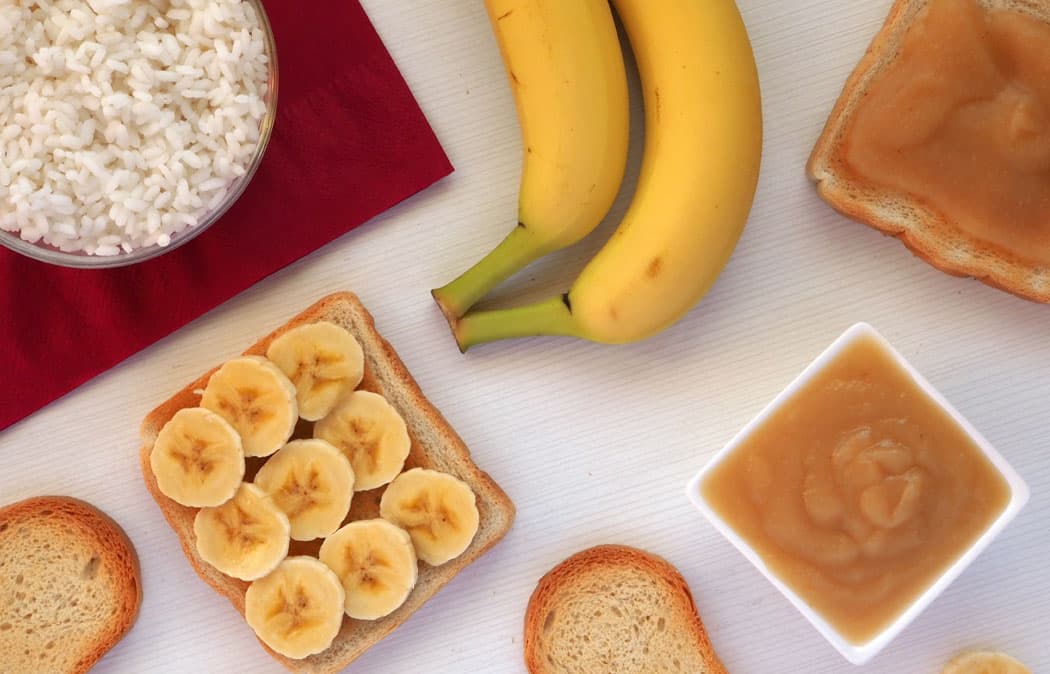
If you have recently received a cancer diagnosis or are undergoing cancer treatment, you may often feel nauseated or even vomit. But why does this happen, and what can you do to cope?
This article will give some helpful tips on coping with nausea and vomiting for cancer patients. Read on to find out more.
Why does cancer make you feel sick?
Nausea and vomiting can occur both as a result of cancer treatment and of cancer itself. Some specific forms of cancer that are more likely to cause nausea and vomiting are1:
- Brain tumors
- Liver cancer
- Gastrointestinal cancer
Cancer may also cause nausea and vomiting indirectly: you may be nauseated due to the anxiety that a cancer diagnosis gives you, or due to infection, pain, or dehydration that may occur when you are taking cancer treatment.
It’s important to note that not all cancer treatments cause nausea and vomiting, and not everyone experiences these side effects1. Cancer treatments that may cause you to feel sick are:
- Chemotherapy. About 80% of patients undergoing chemotherapy experience nausea and/or vomiting. This happens because chemotherapy drugs stimulate parts of the brain responsible for coordinating the vomiting impulse. The brain then releases neurotransmitters like serotonin and dopamine, which in turn “tell” the abdominal muscles to contract and the gastrointestinal tract to regurgitate its contents2.
- Radiotherapy. The risk of nausea and vomiting depends on the type and dose of radiation. For example, 90% of people who undergo total-body radiation feel sick as a result of it3. Radiation in the upper abdomen comes with a moderate risk, whereas radiation in other areas, for example for breast cancer, has a minimal risk of causing nausea3. Researchers do not yet fully understand why radiotherapy causes nausea and vomiting, but they believe high levels of serotonin and damage to healthy cells in the digestive tract play a role3.
Some medications for pain relief in cancer care may also cause nausea and vomiting1. Targeted therapy and immunotherapy may also cause these side effects1.
Risk factors for nausea and vomiting from cancer treatment
You may be more likely to have nausea and vomiting if you1,4:
- Are a woman
- Are under 50 years old
- Have motion sickness
- Have anxiety
- Had morning sickness during pregnancy
- Are taking opioids
- Have constipation
- Have kidney disease
If you’re worried about nausea and vomiting, speak to your care team. They’ll be able to tell more about each medicine you’ve been prescribed and its risk of these side effects1. They’ll also let you know if you might be at a higher risk of experiencing nausea and vomiting1.
Managing cancer nausea and vomiting at home
There are a number of changes you can make to your diet and eating habits that will help you cope with side effects like feeling sick. Below we share some tips that you can try at home for reducing and managing nausea at home.
What foods help with nausea?
You may find that some foods trigger your nausea and vomiting more than others. Eat the foods you like and feel good for you, and don’t force yourself to eat what you don’t want4,5.
You can also try eating or drinking4,5,6:
- Bland foods, such as crackers and dry toast
- Foods or drinks that are high in calories and nutrients and that you can eat in small amounts, such as milkshakes, ice cream, pudding, sherbets, or smoothies
- Popsicles or hard candy with pleasant flavors
- Your “comfort foods” that may have helped you in the past
- Tart or sour foods such as citrus fruits, blackcurrants, cranberries, pickles, sauerkraut, kefir
- Foods that are easy on the stomach, such as bananas, white rice, applesauce, clear broth, potatoes, avocado
- Cold fruit juices, non-fizzy drinks, non-caffeinated drinks, and ginger ale
Foods to avoid with nausea
Below are some foods you should avoid if you feel nauseated from your cancer treatment4,6,7.
- Foods that are fatty, spicy, fried, or have strong smells
- Foods that are very salty or very sweet, like cheese, cookies, or cake
- Processed meats such as sausages, bacon, or ham
- Oils
In addition, some people who are undergoing chemo find that eating the following foods worsens their nausea and vomiting7:
- Eggs
- Fatty fish
- Bulb vegetables like garlic, onions, or leeks
Other tips for nausea: when and how to eat
Here are some additional tips that may help you5,6.
- Try eating several small meals throughout the day rather than three larger meals
- Do not skip meals
- Eat foods at room temperature. This will make foods taste blander and not smell too strongly
- Replace metal cutlery, which can give you a bad taste, with plastic ones
- Rest and sit upright for about an hour after meals
- Relax and breathe slowly and deeply
- If you’re vomiting, do not drink or eat anything until the vomiting stops
- Sit upright after you’ve vomited
Your cancer care team can suggest some other tips for when and how to eat if you’re experiencing nausea from cancer treatment, so it is important to speak to them if you are having problems eating5.
Natural remedies for nausea from chemo and other cancer treatments
Some natural remedies may help with nausea during chemotherapy. These include8:
- Ginger
- Peppermint
- Cinnamon
- Chamomile
- Fennel
Let’s take a closer look at two of the most popular natural remedies.
Should you drink ginger ale for nausea?
Ginger is one of the most widely used natural remedies for nausea and anxiety8. Studies show that it benefits people undergoing chemotherapy, either on its own or taken with medication8. Ginger tea, ground ginger, or raw ginger root may all help8.
But what about ginger ale? Should you drink it to relieve nausea?
Ginger ale may not contain enough ginger to significantly affect nausea. However, sipping cold ginger ale may be soothing and one of the drinks that you tolerate best when having a nauseous period6.
Does peppermint tea help with nausea?
Peppermint is a natural antispasmodic — meaning it can calm the often painful spasms and cramps in your gastrointestinal tract8. It can also help support gastrointestinal health8.
Research shows that peppermint tea can help cancer patients with nausea [9], and peppermint extract can reduce its severity and vomiting10.
Anti-sickness tablets and other medication for cancer patients
There are many anti-nausea or anti-sickness medications to aid you in your cancer treatment journey. These drugs are called antiemetics, and they come in the following forms11:
- Tablets that dissolve in your mouth
- Pills or liquids that you swallow
- Suppository
- Skin patch
- Intravenously, through an IV (a drip)
All of these drugs have different mechanisms of action. Depending on how they work, antiemetics can be divided into the following groups12:
- NK1 receptor antagonists
- 5-HT3 receptor antagonists
- Corticosteroids
- Dopamine receptor antagonists
- Benzodiazepines
- Olanzapine
- Cannabinoids
Some of these drugs work by12:
- Inhibiting serotonin or dopamine, the neurotransmitters that cause vomiting
- Blocking brain receptors or other substances in the brain’s vomiting center
- Treating the anxiety that may lead to vomiting
Finally, some of these antiemetic drugs are called ‘rescue’ drugs because they are prescribed when other anti-vomiting drugs don’t work11,12.
Speak to your doctor or healthcare team about choosing the right antiemetic for you and your situation11. You may have to try several drugs before you find the one that works best for you11.
Alternative therapies for nausea
There are several alternatives, non-drug therapies that may help, particularly if it’s mild or anticipatory nausea (that is, nausea that you develop in anticipation of your chemo sessions)6.
Some alternative therapies you can try are:
- Relaxation techniques such as meditation, breathing techniques, or biofeedback — a method that uses monitoring devices to help you control your nausea and vomiting reflexes
- Hypnosis may help train you to respond differently to nausea and control it
- Acupuncture; in this ancient Chinese technique, very thin needles are inserted in different pressure points in your body. Acupressure is similar but does not involve any needles.
It is however important to note that, just because these therapies are not drug-related, it doesn’t mean that they are always safe. They need to be practiced by a qualified specialist. Speak to your healthcare team before you try any of these alternative therapies6.
When to speak to your doctor or cancer care team
Nausea and vomiting can be very unpleasant side effects of cancer treatment, but they rarely lead to more serious problems. However, continuous vomiting may lead to dehydration. It can also cause fatigue, malnutrition, weight loss and may generally interfere with your ability to get better and your body’s ability to heal13.
If you are at risk of not getting enough nutrition through your diet due to side effects such as vomiting, your care team may suggest a nutritional supplement. As part of a balanced diet, our Resource range of nutritional supplementary products may help you get the nutrients you need when it’s difficult to eat, or you need additional protein and calories.
Speak to your doctor or healthcare team if5,13:
- Your vomiting is severe
- Your vomiting lasts for more than 1–2 days
- You vomit right after you drink liquids, and you can’t keep fluids down
- Your anti-nausea medication is not working
Nausea and vomiting often occur as a side effect of cancer treatment. There are many strategies that you can apply, as well as drug and non-drug remedies that you can take to cope with this side effect.
Speak to your healthcare team if you’re worried about your nausea or vomiting.
You can also visit our My Cancer, My Nutrition resource hub for more helpful advice on nutrition and diet throughout your cancer journey.
References:
1 - American Society of Clinical Oncology (ASCO) Cancer.Net, Nausea and Vomiting. Accessed January 2023. Available at: https://www.cancer.net/coping-with-cancer/physical-emotional-and-social-effects-cancer/managing-physical-side-effects/nausea-and-vomiting
2 - National Institutes of Health (NIH), National Cancer Institute, Nausea and Vomiting Related to Cancer Treatment (PDQ®)–Health Professional Version. Accessed January 2023. Available at: https://www.cancer.gov/about-cancer/treatment/side-effects/nausea/nausea-hp-pdq
3 - Bojana Stevich-Heemer, “Management of Radiation-Induced Nausea and Vomiting,” US Pharm. 2019;44(12):HS10-HS13. Available at: https://www.uspharmacist.com/article/management-of-radiationinduced-nausea-and-vomiting
4 - National Institutes of Health (NIH), National Cancer Institute, Nausea and Vomiting Related to Cancer Treatment (PDQ®)–Patient Version. Accessed January 2023. Available at: https://www.cancer.gov/about-cancer/treatment/side-effects/nausea/nausea-pdq
5 - U.S. Department of Health & Human Services, National Institutes of Health (NIH), National Cancer Institute, Eating Hints: Before, during, and after Cancer Treatment. Accessed January 2023. Available at: https://www.cancer.gov/publications/patient-education/eatinghints.pdf
6 - American Cancer Society, Managing Nausea and Vomiting at Home. Accessed January 2023. Available at: https://www.cancer.org/treatment/treatments-and-side-effects/physical-side-effects/eating-problems/nausea-and-vomiting/managing.html
7 - Mardas, Marcin et al. “Link between diet and chemotherapy related gastrointestinal side effects.” Contemporary oncology (Poznan, Poland) vol. 21,2 (2017): 162-167. doi:10.5114/wo.2017.66896
8 - Mustian, Karen M et al. “Treatment of Nausea and Vomiting During Chemotherapy.” US oncology & hematology vol. 7,2 (2011): 91-97. doi:10.17925/ohr.2011.07.2.91. Accessed January 2023. Available at: https://www.ncbi.nlm.nih.gov/pmc/articles/PMC3898599/
9 - Cassileth, Barrie R. "Evaluating complementary and alternative therapies for cancer patients." CA: a cancer journal for clinicians 49.6 (1999): 362-375.
10 - Jafarimanesh, Hadi et al. “The Effect of Peppermint (Mentha piperita) Extract on the Severity of Nausea, Vomiting and Anorexia in Patients with Breast Cancer Undergoing Chemotherapy: A Randomized Controlled Trial.” Integrative cancer therapies vol. 19 (2020): 1534735420967084. doi:10.1177/1534735420967084
11 - American Cancer Society, Medicines Used to Treat Nausea and Vomiting. Accessed January 2023. Available at: https://www.cancer.org/treatment/treatments-and-side-effects/physical-side-effects/eating-problems/nausea-and-vomiting/medicines.html
12 - Rao, Kamakshi V, and Aimee Faso. “Chemotherapy-induced nausea and vomiting: optimizing prevention and management.” American health & drug benefits vol. 5,4 (2012): 232-40.
13 - American Cancer Society, Understanding Nausea and Vomiting. Accessed January 2023. Available at: https://www.cancer.org/treatment/treatments-and-side-effects/physical-side-effects/eating-problems/nausea-and-vomiting/what-is-it.html
Know more about the subject
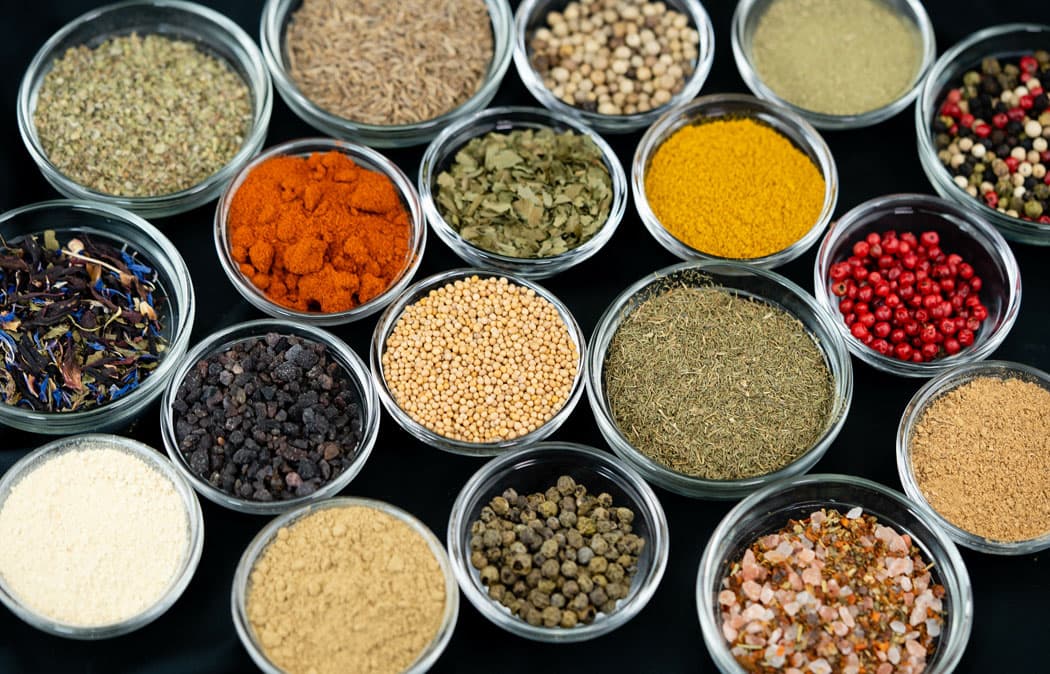
Managing taste changes during cancer treatment: what can you do?
Managing taste changes during cancer treatment can be challenging for both patients and caregivers.
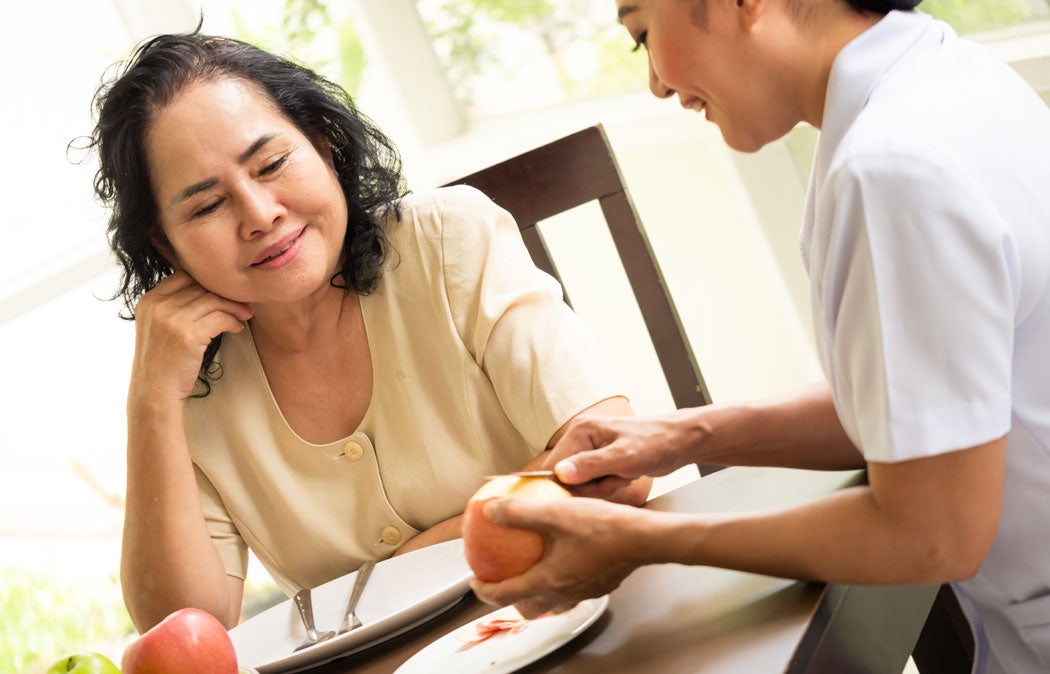
When A Cancer Patient Stops Eating: Advice for Caregivers
While chemotherapy is a leading treatment for cancer, it can cause many difficult and often unpleasant side effects that often affect a person’s day-to-day life1. Loss of appetite and eating problems are common side effects that many people with cancer face, caused by both cancer and its treatment1.
A Guide To Cancer Diets: Battling Cancer With Nutrition
Eating a healthy, balanced diet helps give your body the nutrients, calories, and strength it requires to fight off diseases.

How Social Support Networks Can Help People with Cancer
The stronger the social support network’s connection is, the more significant is its help.1

How is the Nutritional Recovery of Cancer Patients Carried out?
Nutritional recovery aims to prevent and treat malnutrition, boost the immune system, speed up recovery after surgeries, reduce hospital length of stay and improve response to cancer treatment in general.1,2 Learn about the stages of nutritional recovery.

How Cancer Patients Can Benefit from Exercising
Exercising according to medical advice is great for patients’ rehabilitation and well-being
